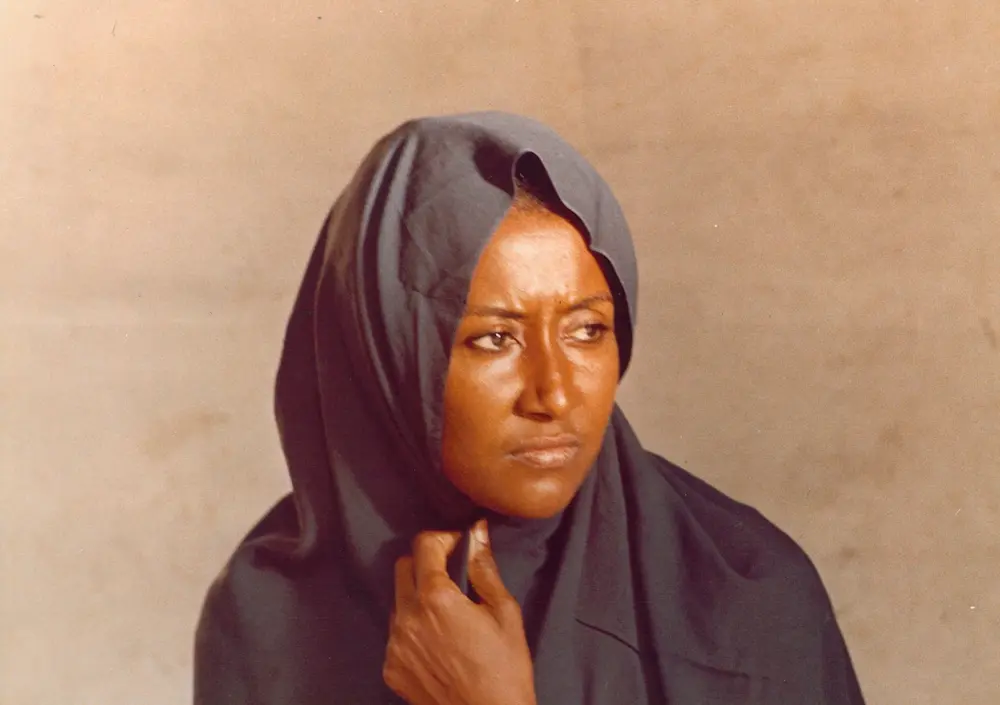Program Series: Echoes of Africa
Sambizanga preceded by Monangambé
Introduction by guest programmer Mo Abudu, CEO EbonyLife Group
Fri, Feb 2, 2024

Program Series: Echoes of Africa
Sambizanga preceded by Monangambé
Introduction by guest programmer Mo Abudu, CEO EbonyLife Group
Fri, Feb 2, 2024
